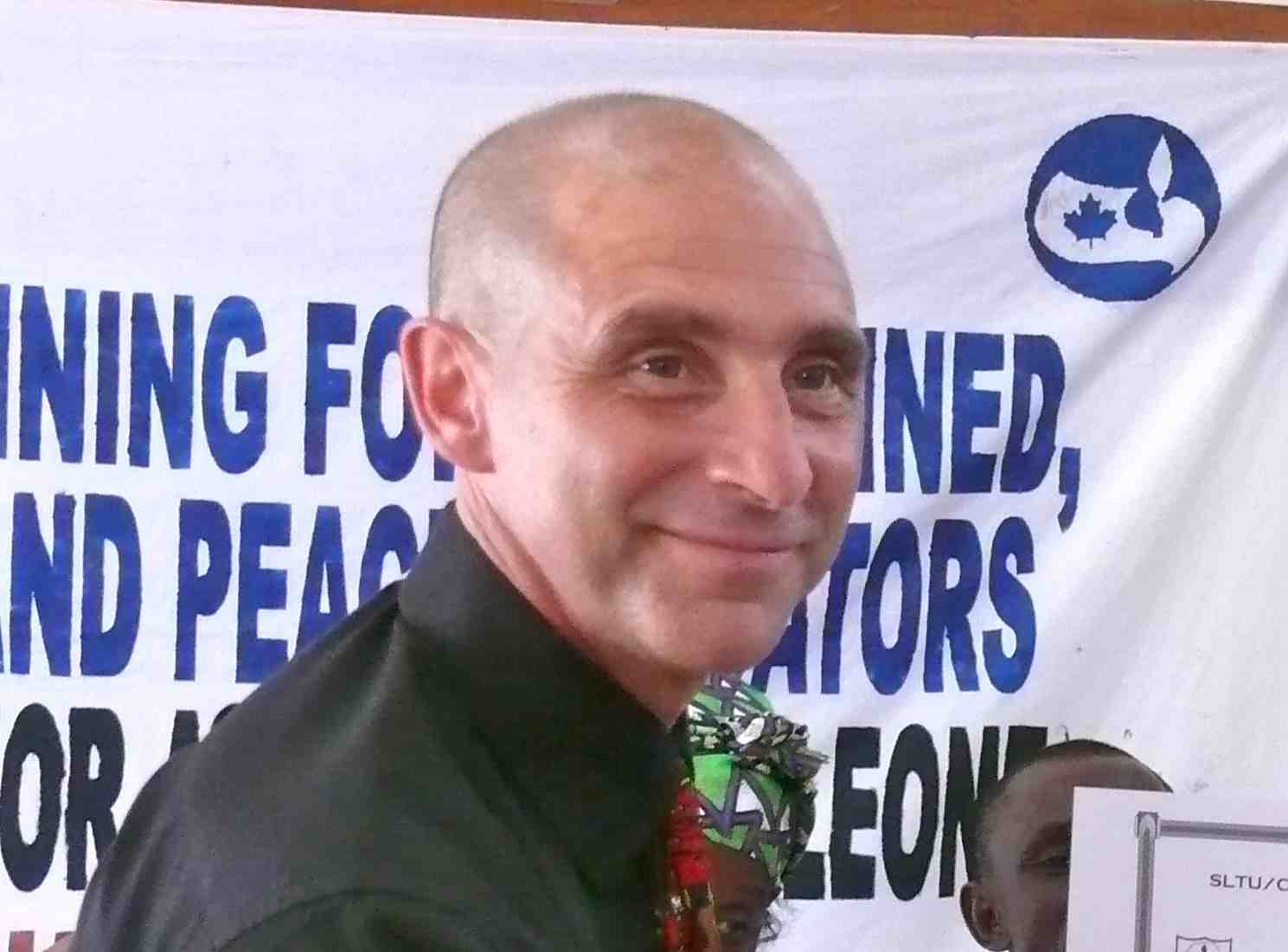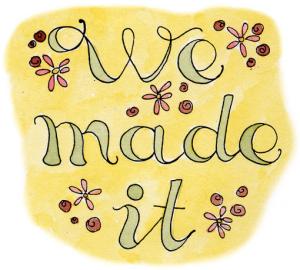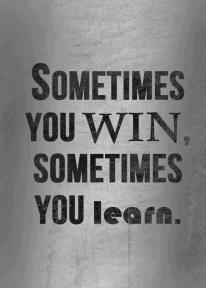Ever since I can remember, I have always strived to surround myself with people and experiences that inspire and motivate me to question, learn, and celebrate the art of living. My teachers, or gurus, have manifested themselves in different forms. A parent, a sister, my son, a friend, poets and writers in my favourite books, social activists, great teachers, or simply people who demonstrate an innate ability to rise above obstacles in their quest to live a life of purpose.
I have the privilege of coming across little gurus each and every day of my life. They happen to share a classroom with me. I owe much of my learning and growth, both professional and personal, to my students. One in particular has left me humbled and deeply grateful for allowing me to be a part of his journey. Daniel* has been the reason behind quite a few sleepless nights. His life has been one I wouldn’t wish on my worst enemy. At the start of year, his personality reflected the confusion, fear, anger, and instinct for survival that is expected within his reality. He’s the one I would come home and talk to my family about non-stop because I was determined to understand him and somehow be a guide or figure that would help him see how amazing he truly was. After a few weeks of racking my brain and over-thinking the situation, I decided to let it go and just work on three things: building trust, getting him to believe that I liked him no matter what he did or said, and playing to his strengths at all times so he felt the power that comes from knowing that he matters. I learned to really listen, so much so that he would need to feel that he was the most important person at that moment.
What unfolded in the following months was a teacher-student relationship where I learned far more than I could teach him. When his social worker came to visit 3 weeks ago, he asked me to be at the meeting with him. What I heard during that time, was nothing short of astonishing. His wisdom, strength, compassion, and resiliency left the social worker and I in complete awe. I was in the presence of a little guru, a teacher who knows how to use obstacles to create possibilities and hold himself accountable for the decisions he makes in life.
I’ll leave you with an excerpt from the speech he recently wrote for our Speech Arts unit. When I conferenced with him to look it over, I had to make an excuse to leave the classroom so I could have a cry in private. He gave me permission to share it with you:
“Have you ever had a moment in your life when you didn’t believe you could do something or you thought you weren’t good enough? I remember having low self-esteem. There was a time I didn’t care about myself and I felt I couldn’t be me. But that time is long gone and now when I come to school I’m proud to be Daniel*. I feel free from judgement. I walk down the hall and feel joyful. Every child needs to have someone who inspires them to stay true to themselves. They must be inspired. The change can happen in your life and it’s amazing.
My teacher inspires me because every day I’m with her she gets me to really think about life and how I can become better and better at what I do. When I’m having a bad day and so something I didn’t mean to, she sits down with me and talks to me. We talk about how I can use what I know to make decisions to avoid negative situations. I have learned to just be me without changing for anyone else.
…Imagine what society would be like if everyone who needed help had someone to inspire them? Thinking back to when I felt so low and not like the Daniel* I am today I realize that having someone that came into my life and helped me change made all the difference. There’s a quote in my classroom I really like. It goes like this, “I may not be perfect, but parts of me are pretty awesome.” I’m not perfect, but I am a very unique and awesome kid.”
I let him know that he inspired me to share our story with teachers world-wide. He smiled with the smirk of self-confidence.




